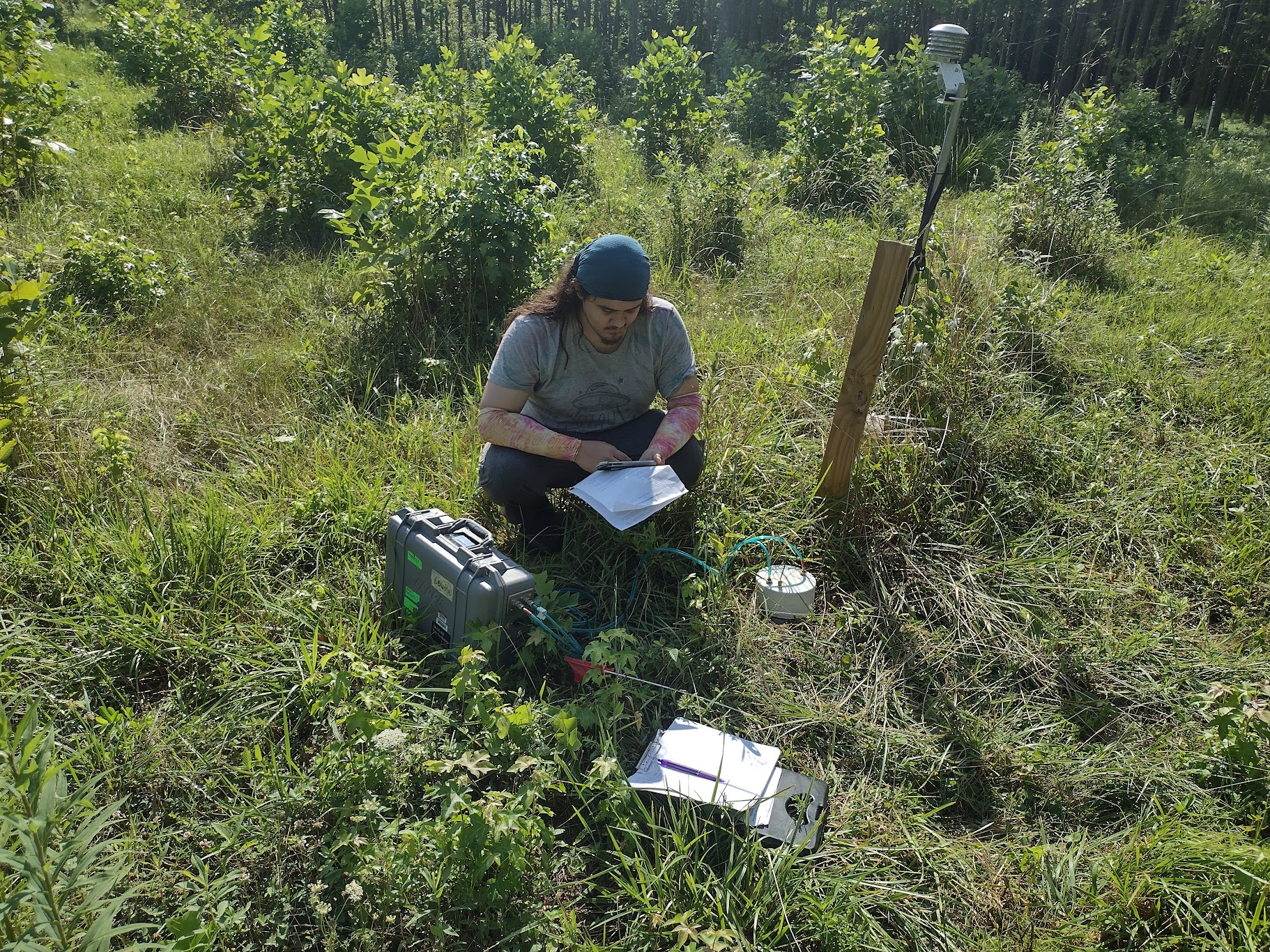Ecological Forestry

Concentration in the Environmental Science Major
A forest teeming with life, with all of its diverse sounds and sights, is truly something to behold. To keep these vibrant ecosystems healthy, we have to dive deep to understand how they function, and how society is affecting them.
While the topic of ecological forestry has a range of definitions, most are based on a few key themes: understanding what forests are made of and how the many micro-ecosystems interrelate; managing responsible consumption (and cultivation) of important forest products such as wood, raw materials for medicine, and more; and understanding the intrinsic experiential value of these lush landscapes.
Why study Ecological Forestry at Warren Wilson?
- 650-Acre Forest: With our own 650-acre, hands-on, highly-diverse forest serving as our lab, you’ll have the opportunity to experience the principles of ecological forestry first-hand.
- Impactful Research: You’ll conduct environmental research and apply findings with the WWC Center for Working Lands and community groups.
- Hands-On Learning: Gain practical, transferable skills by working directly on our 1,100-acre campus and in the surrounding Southern Appalachian region—the birthplace of modern forestry and one of the most biodiverse areas in the country.
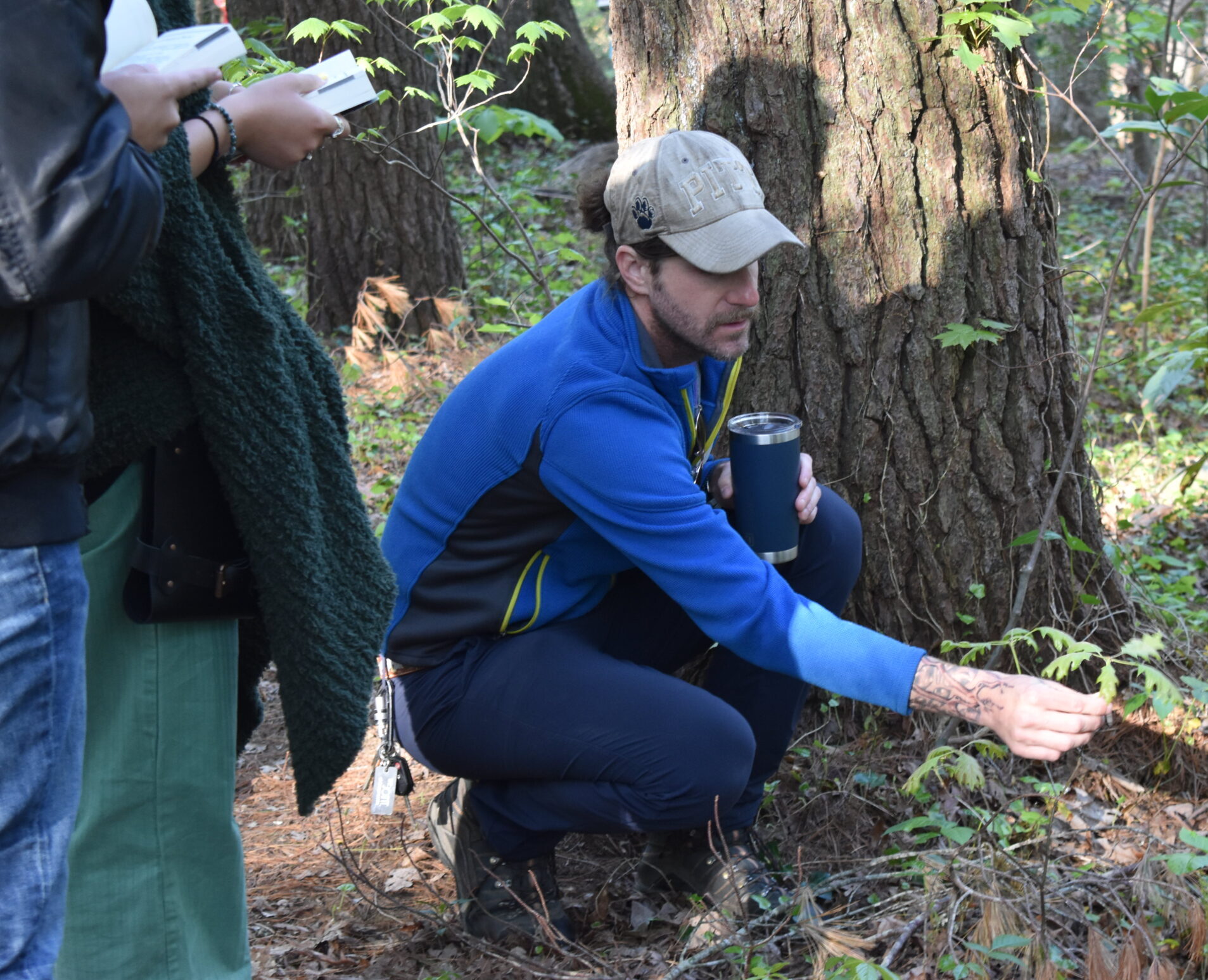
Every student will complete community-engaged coursework, an internship, and original research as part of their major
A Sample of Our Partnerships
- The American Chestnut Foundation
- Bent Creek Experimental Forest
- Eco-Foresters
- The Southern Biological Station
- U.S. Forest Service
- Dupont Recreational Forest
- NC Arboretum
See how Ecological Forestry students put our education into action
Internship
Kaia Adams worked with partners from the Smithsonian to look at how tree diversity structures below-ground fungal communities. She was able to take soil cores from plots in the tree diversity experiment, and bring those samples back to the lab to extract DNA, and to sequence fungal communities with help from Dalhousie’s Integrative Microbiome Resource Center.
Community Engaged Course
As a first year student, Everybody’s Environment provides an unbeatable introduction to our southern Appalachian region for a classroom. Working with faculty and community partners from many different specialties, you will build the skills necessary to understand and tackle environmental challenges and solutions.
Work
You can work on any crew as a student but many Ecological Forestry students choose to be on crews such as:
- Forestry
- Ecological Landscaping
- Biology/ Environmental Studies
Study Abroad
How has climate science been perceived and used in understanding and responding to climate change? In this study abroad course, students compare the framings and responses to climate change in the United States and France, from grassroots movements to global policy. They built connections with community organizers in Asheville and Paris, climate scientists in the US and France, and nongovernmental organizations at the front lines of climate migration.
Research
For Kai DeLeon’s internship, he worked on a tree diversity experiment at the Smithsonian Environmental Research Center in Maryland. Through field and lab work, he assessed how tree diversity is important in carbon cycling and microbial activity in the forest. Kai’s work is essential in understanding how tree diversity, which is inherently influenced by factors of climate change, impacts critical forest functions.
Senior Capstone
In the forest management capstone course, you’ll work in a small team with fellow students writing forest management plans for private landowners, municipalities, or land conservation organizations. You’ll practice skills like:
- Remote data gathering
- Forest inventory and analysis
- Development of management recommendations
- Presentation of a management plan
Popular Courses
Intro to Forest Management
This course provides an introduction to forest management policy and decision-making processes. Emphasis is on multiple-use management. Students learn to develop management plans to meet multiple objectives that best use diverse forest resources
Forest Biology
Forests are biological ecosystems with their own unique structures, compositions, and species interactions. We’ll spend lots of time out in the woods focusing on the temperate forest systems of Southern Appalachia.
Silviculture
Compare the many different practices for managing forests and woodlands in the U.S., examining each system in terms of important species, economics, goals, and environmental protection.
Eric Griffin, Ph.D
Research Interests
- Forest Ecology
- Plant-microbe interactions
- Community ecology
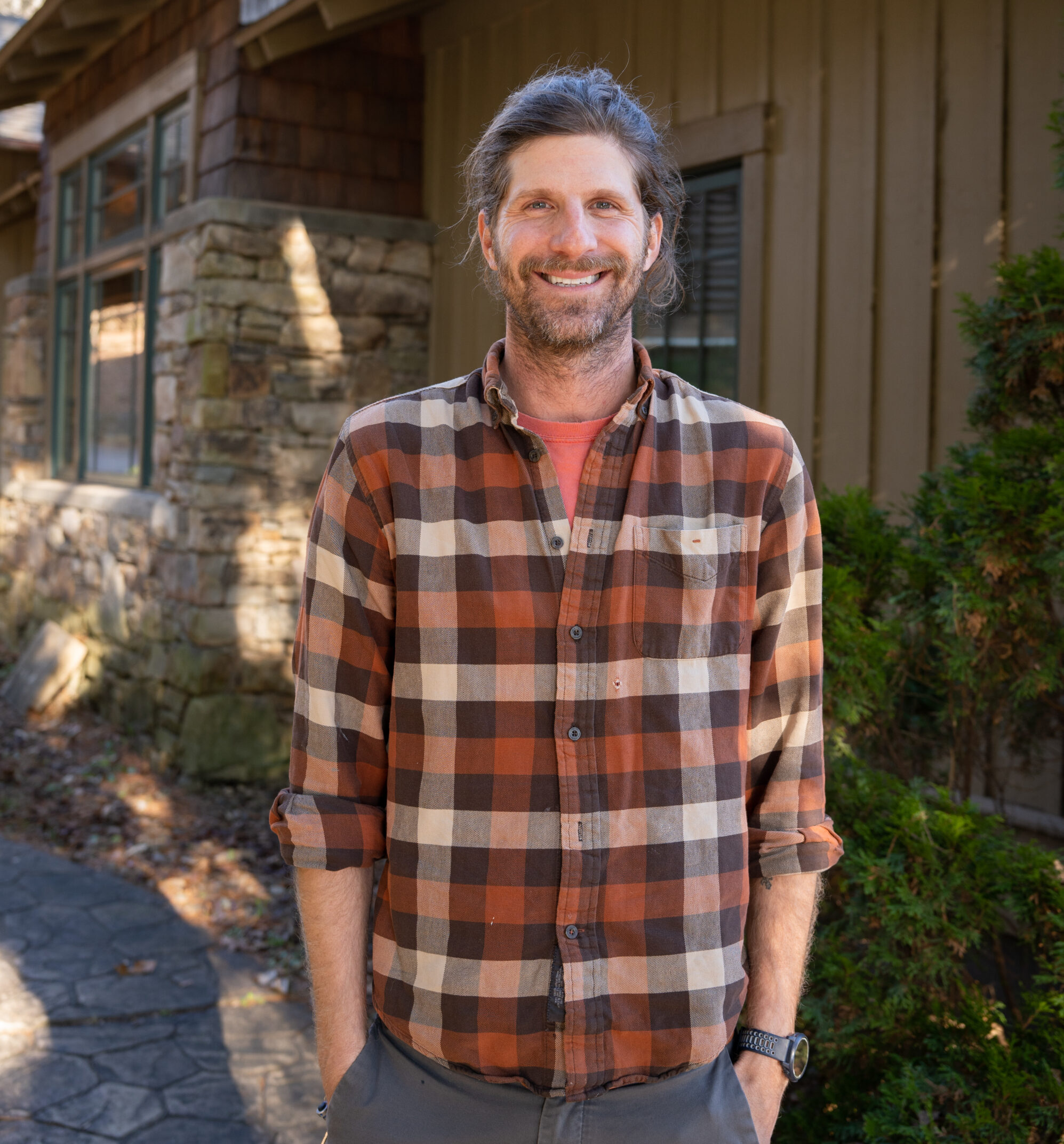
“Warren Wilson has some of the most accessible experiential learning opportunities of any college campus in the country. It is one of the primary reasons why I wanted to be here as a faculty member, particularly when the forest is a stone’s throw away from the classroom! ”
Liesl Peterson Erb, Ph.D.
Research Interests
- Ecology and Evolutionary Biology
- Conservation biology
- Wildlife ecology
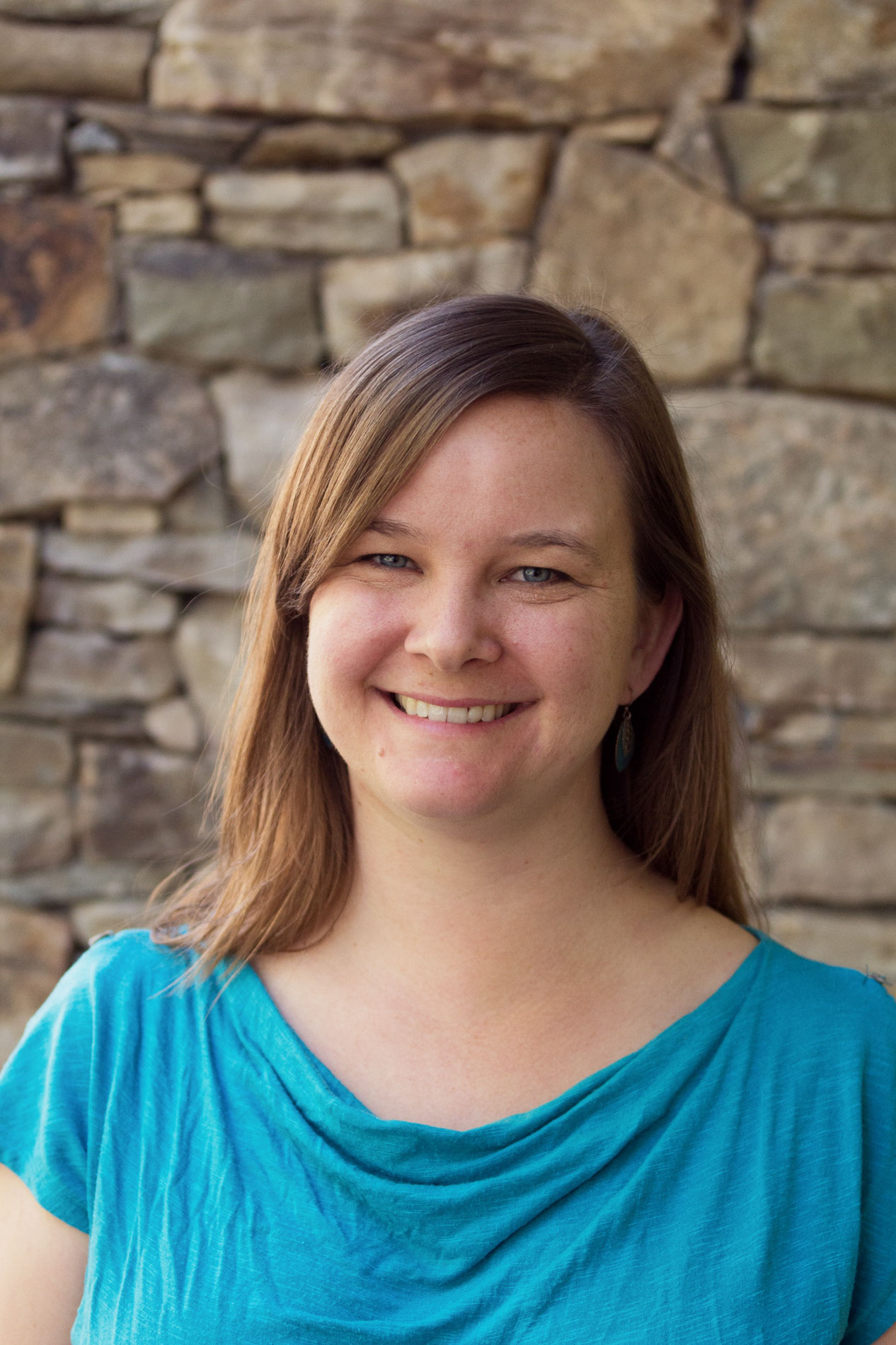
“I am more guide than teacher; I love guiding intelligent, passionate students as they help change the world not just after they graduate, but as part of their educational experience.”
Liz Benavides, Ph.D.
Research Interests
- Animal Science/Animal Physiology
- Plant-based anthelmintics (de-wormers)
- Animal Endocrinology

“At Warren Wilson, I have most enjoyed learning from my students as much as I am teaching them. Their wealth of experiences has not only been valuable in my lessons, but I have learned so much from them as well!”
Amy L. Knisley, Ph.D.
Research Interests
- Community-based engagement with hazardous waste remediation
- Environmental justice, particularly issues impacting people of color in eastern NC
- The law of water rights, especially in the context of Rocky Mountain west
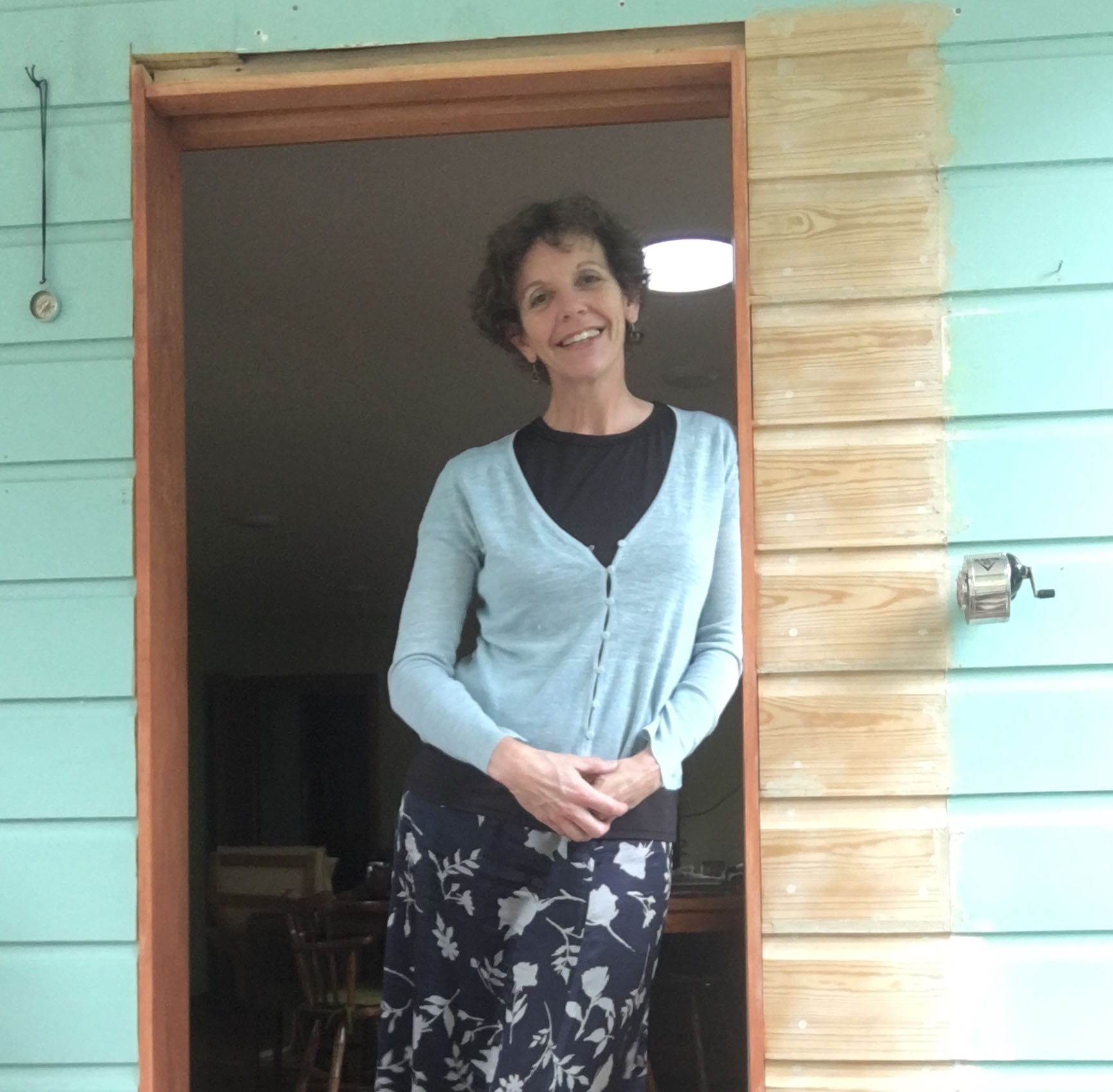
“Teaching and learning at Warren Wilson is not for the faint of heart! And some days I wake up tired. But the strong-hearted, active-minded students and educators, busy together in this beautiful valley and beyond, send me home energized every day.”

“Some of my fondest memories of Warren Wilson are rooted in the blend of community and nature.”
Keaton Scanlon
(she/her)
Scientific Researcher of ethnobiology and agroforestry at Firebird Foundation for Anthropological Research, Inc. | Fulbright Scholar
Major, Minor, Concentration, Crews
- Environmental Studies Major
- Ecological Forestry Concentration
- Bee Crew
Where Our Ecological Graduates Go
- U.S. Forest Service
- Forest Stewards Guild
- Yale School of Forestry
- Smithsonian Environmental Research Center
- UNC Greensboro
- Clemson University
- University of New Hampshire
- University of Colorado Denver
- Fulbright Scholar
